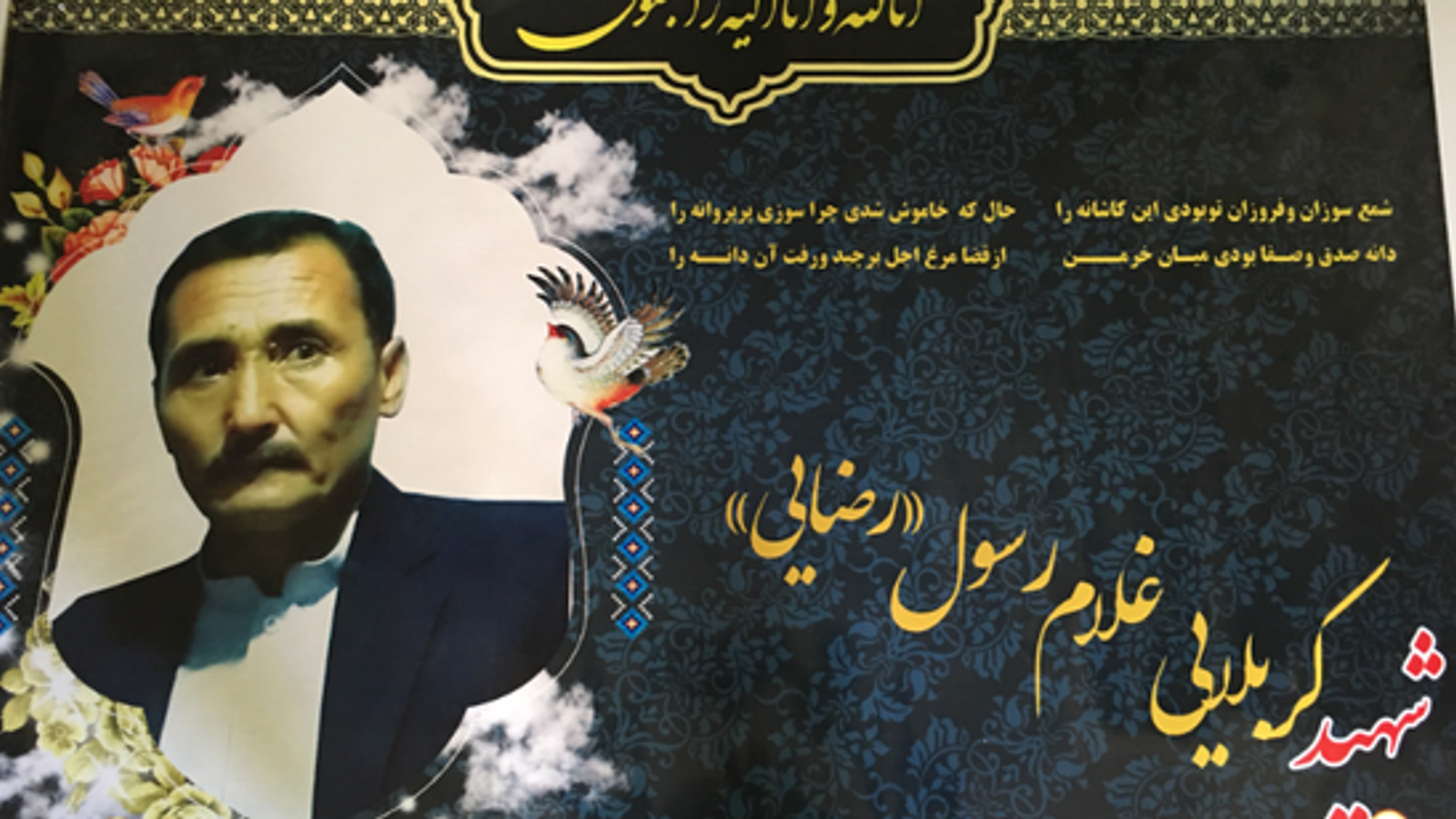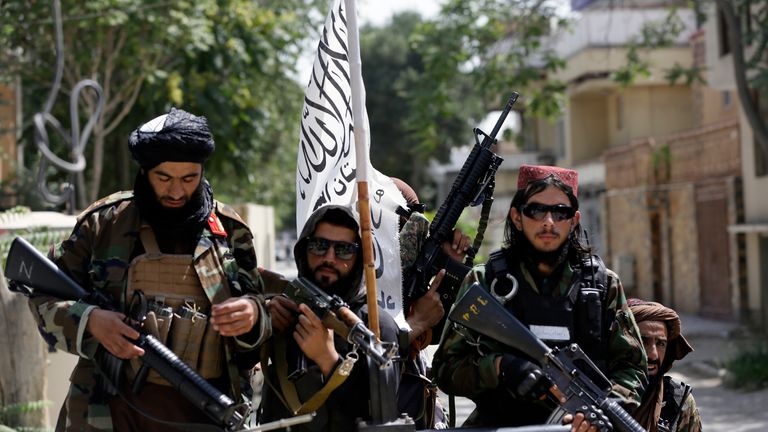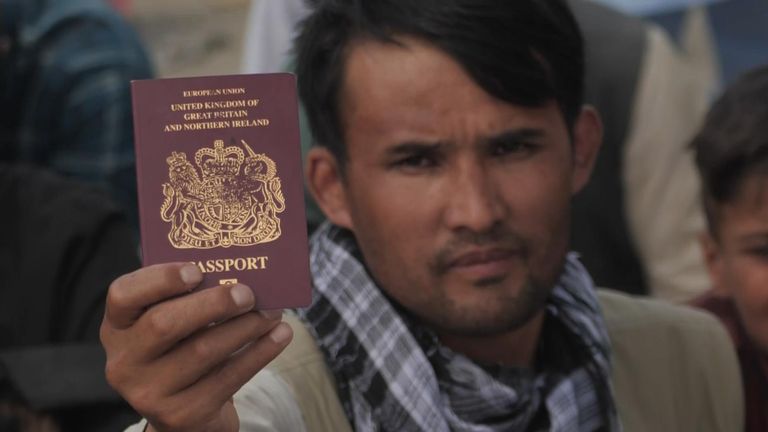Taliban fighters killed nine ethnic Hazara men after taking control of Afghanistan’s Ghazni province last month, Amnesty International has said.
The killings, which took place between 4 and 6 July in the village of Mundarakht, Malistan district, saw six men shot and three others tortured to death.
One man was strangled with his own scarf and had his arm muscles cut off, while another had his legs and arms broken and his hair pulled out, researchers from the human rights charity said.
The Hazaras are one of Afghanistan’s largest ethnic minorities and were persecuted under the Sunni Taliban’s earlier rule.
Amnesty International said the brutal killings are likely to represent a “tiny fraction of the total death toll inflicted by the Taliban to date”, as the military group has cut mobile phone service in many of the areas they have recently captured, controlling which photographs and videos are then shared from these regions.
Researchers interviewed eyewitnesses and reviewed photographic evidence in the aftermath of the killings.
Villagers said they fled into the mountains to traditional iloks, their summer grazing land, where they have basic shelters, but there was not enough food for the 30 families that had gathered there and so nine people returned to the village to gather supplies.
The five men and four women discovered their homes had been looted and Taliban fighters were waiting for them.
One man, 45-year-old Wahed Qaraman, was taken from his house and had his legs and arms broken, his hair pulled out, his face beaten with a blunt object, and was shot.
Another man, Jaffar Rahimi, was accused of working for the Afghan government after money was found in his pocket.
Follow the Daily podcast on Apple Podcasts, Google Podcasts, Spotify, Spreaker
He was strangled to death with his own scarf, and three people involved in his burial told Amnesty that his body was covered in bruises and his arm muscles had been carved off.
A 40-year-old man named Sayed Abdul Hakim was beaten with sticks and rifle butts, had his arms bound, and was shot four times by Taliban fighters, before his body was dumped in a nearby creek.
One eyewitness, who assisted with the burials, told Amnesty: “We asked the Taliban why they did this, and they told us, ‘When it is the time of conflict, everyone dies, it doesn’t matter if you have guns or not. It is the time of war’.”
The charity’s secretary-general, Agnes Callamard, has called for the UN Security Council to adopt an emergency resolution “demanding that the Taliban respect international human rights law and ensure the safety of all Afghans”.
“The cold-blooded brutality of these killings is a reminder of the Taliban’s past record, and a horrifying indicator of what Taliban rule may bring,” she added.
“These targeted killings are proof that ethnic and religious minorities remain at particular risk under Taliban rule in Afghanistan.”
During the killing spree, three other men, Ali Jan Tata, 65, Zia Faqeer Shah, 23, and Ghulam Rasool Reza, 53, were ambushed and executed as they attempted to reach their homes in the nearby hamlet of Wuli.
According to witnesses, Zia Faqeer Shah’s chest was so riddled with bullets that he was buried in pieces.
Three more men were killed in their home village, the charity said.
The Taliban have seized power in Afghanistan following the collapse of the government in recent days.
Chaotic scenes broke out at Kabul’s airport on Monday as hundreds of desperate Afghans, foreign diplomats, and officials attempted to flee the country to escape the Taliban rule.


